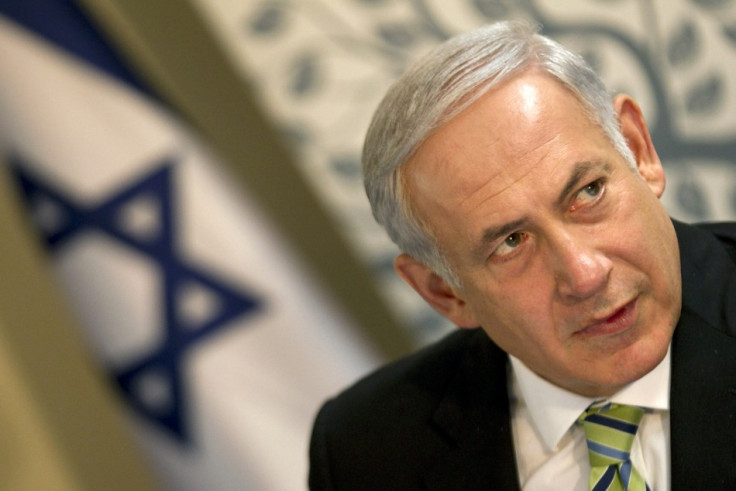Israel, Iran and Nuclear Weapons: The Battle of Pot and Kettle (OPINION)

It has never officially admitted to having nuclear weaponry, although numerous sources suggest the country has the capability to produce a highly sophisticated nuclear warhead. It has attracted fierce international condemnation for its religiously-sanctioned regime, and is known for its efficient and often brutal crackdown on dissidents and activists. It sees itself as a strategic target in the Middle East, and has hostile relations with many of its neighbouring countries.
No, I'm not talking about Iran, but about Israel.
Tuesday's IAEA report confirmed what many already knew: that Iran is engaging in a uranium enrichment programme that could potentially (and here's the caveat) lead it to developing a nuclear weapon in the next 18 months - if it so chooses, that is.
But despite the seeming banality of the report's findings, it has been seized upon by Israel and pro-Israel factions in the West as a battle-cry to justify a "pre-emptive" strike on Iran, and thus potentially precipitate an all-out war across the region.
Although it may be true that the prospect of an Iranian nuclear bomb is not exactly a soothing one, the media coverage over the past few days has been inescapably (although not uncharacteristically) historically myopic.
In an editorial published on Thursday, The Times affirms that the IAEA report exposed the "lies", "bellicose duplicity" and "appalling history" of the Iranian regime, and urges the international community to "stop its nuclear adventurism." But let's backtrack a little here. Twenty years, to be precise.
In 1985, Mordechai Vannu, a former employee of Israel's Negev Nuclear Research Centre, blew the whistle on the Jewish state's nuclear armament programme in an article published in the Sunday Times. Prior to Vannu's statement, no concrete proof had been found regarding Israel's capacity for a nuclear warhead, and the country had always insisted it would not be the first to "introduce" nuclear to the Middle East.
Following his confession, Vannu was lured to Italy by Mossad agents, drugged, kidnapped and extradited to Israel where he was imprisoned for 18 years on charges of treason and espionage. He was released in 2004 but imprisoned a second time in 2010 for breaking the conditions of his release.
So, despite its criticism of Iran for attempting to secretly develop nuclear capabilities, it would appear that Israel has been doing exactly the same thing for the past few decades. Not only that, but Israel is one of only four countries not to have signed the Nuclear Non-Proliferation treaty (NPT), and is currently believed to possess around 200 nuclear warheads that it can deploy at any time. Of course, this still has not been officially confirmed. Compare this to Iran, which the IAEA report concludes has "possible military dimensions to [its] nuclear programme." Possible.
In 2010, it was discovered that Israel had offered to sell nuclear weapons to South Africa's apartheid regime in 1975 - suggesting not only that the state had sufficient nuclear arsenal thirty years ago to sell part of it on, but was also willing to arm a regime responsible for appalling crimes against humanity. Is this really a power whose lead we should be following in condoning an attack on another - as yet unarmed - country?
While it is true that Iran has been evasive and suspiciously secretive about the nature and purpose of its nuclear enrichment programme, lest we forget that twenty years ago, Israel did exactly the same. That is not to condone Iran's behaviour in any way, but it should at least give the West pause for thought before we charge in guns blaring to another complicated and potentially devastating war in the Middle East.
© Copyright IBTimes 2025. All rights reserved.





















